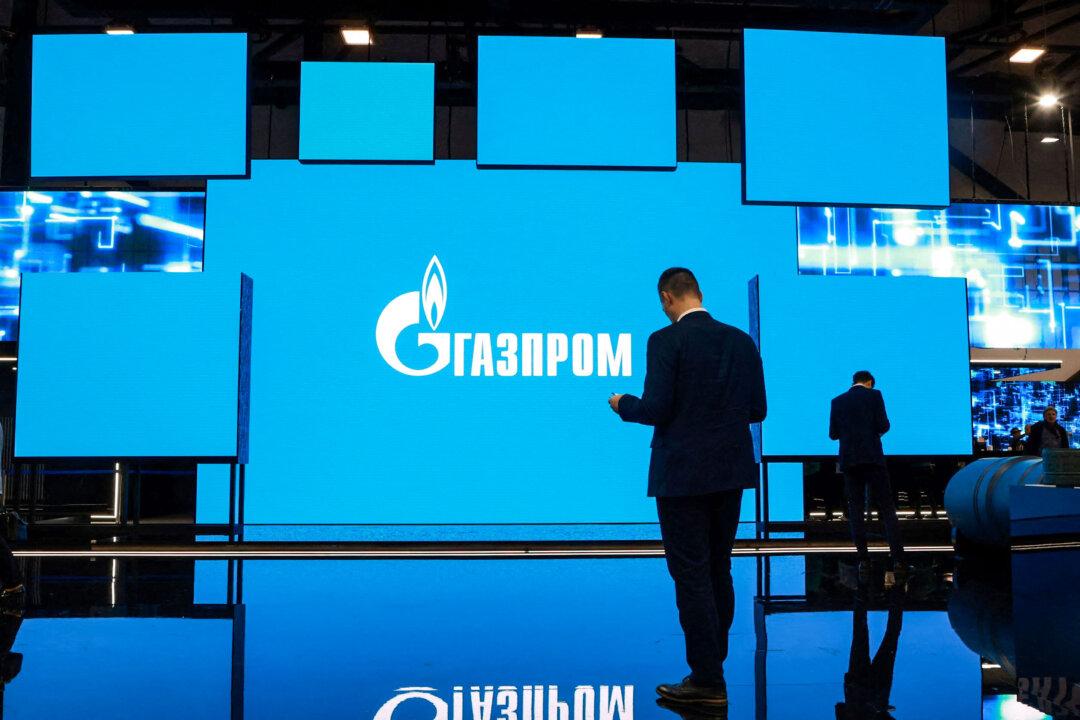Russia, a major energy supplier to Austria, has ceased exporting gas to the nation starting on Nov. 16, Russian state-owned natural gas company Gazprom said.
Gazprom informed Austria’s largest energy supplier, OMV, on Nov. 15 that all gas supplies were to be stopped. More than 90 percent of Austria’s gas imports came from Russia as of March.





